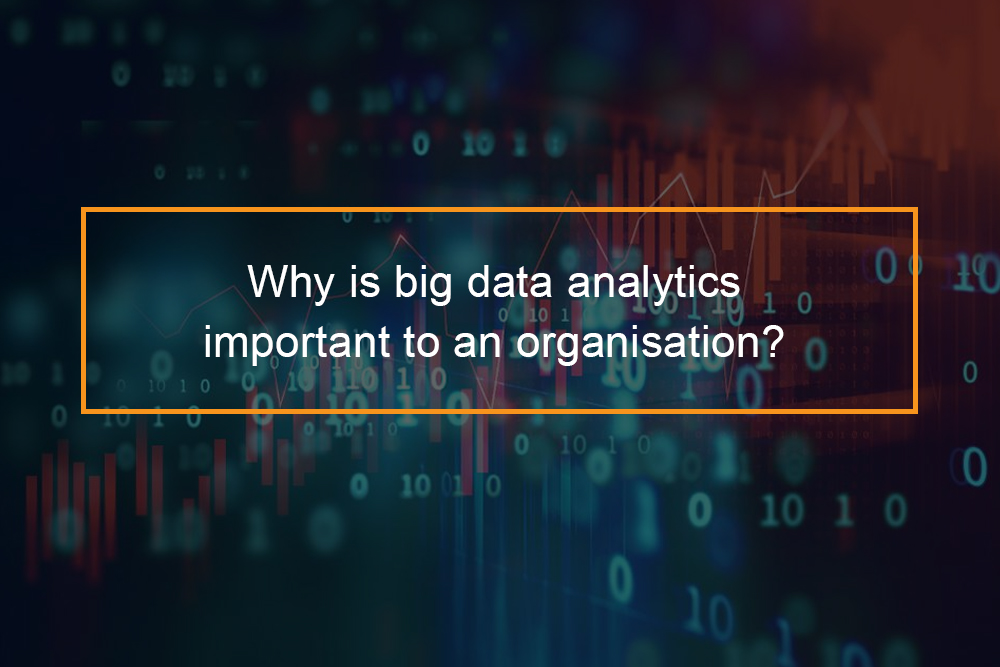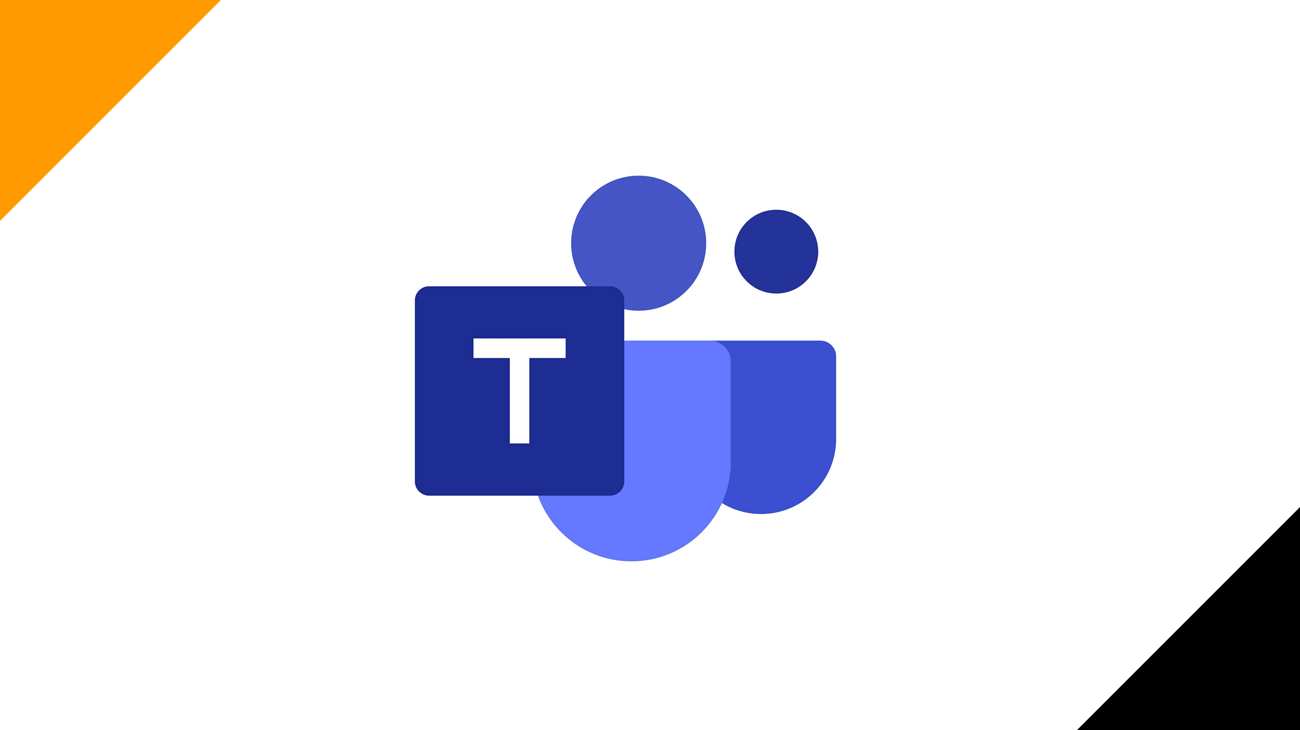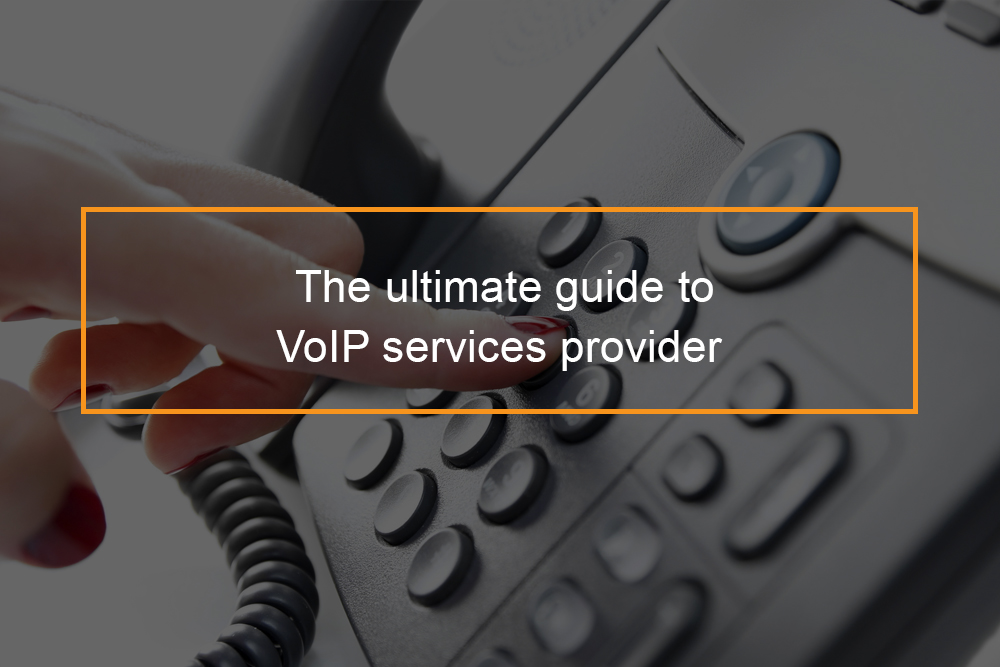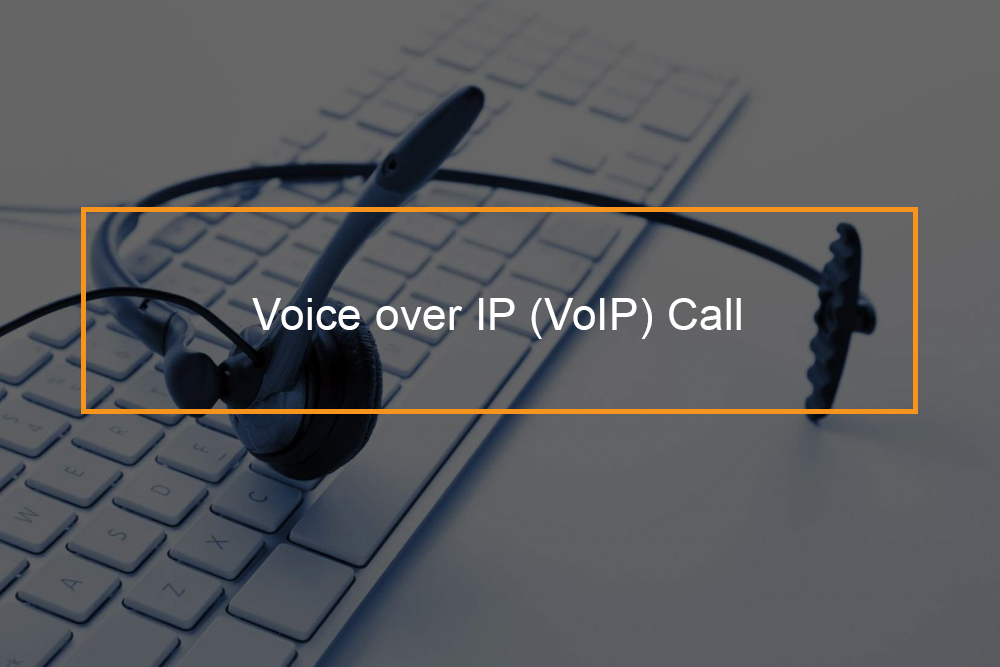CCaaS or CPaaS? Understanding Which Solution Suits Your Needs

Exploring CCaaS and CPaaS: Defining Two Paths in Cloud Services
In the ebb and flow of business communications in the modern age two cloud-based models of service are emerging to address specific requirements: CCaaS (Contact Center as a Service) and CPaaS (Communication Platform as a Service). Although these terms may appear similar, they are completely different services that serve specific needs in the area of customer interaction and development of applications. So, what is the difference between CCaaS and CPaaS? This article will delve into the subtleties that separate CCaaS and CPaaS from each other and examine their distinct features, usage scenarios, and advantages.
Table of Contents
What Is The Difference Between CCaas And CPaas?

What is the difference between CCaaS and CPaaS? CCaaS (Contact Center as a Service) and CPaaS (Communications Platform as a Service) are both cloud-based solutions which can assist businesses in improving their communications with customers. They have their own strengths and weaknesses.
- CCaaS is a fully-managed service that gives businesses everything they require to run their contact center. It typically comes with features like voice calling chat, email and social media, and also features for routing calls IVR, call routing, and analytics.
- CPaaS is an online platform that provides companies with the foundational elements they require to build their own applications for communication. Typically, CPaaS includes APIs for voice calls, SMS, chat, chat as well as other communication channels.
Definition and Purpose of CCaas And CPaas
CCaaS (Contact Center as a Service) is a cloud-based system that gives businesses all the equipment and infrastructure required to operate an effective contact center. It includes features like text messaging, voice calling, video conferencing, chat IVR and the ability to route calls, analysis and reports. CCaaS is a great option for companies who require a complete solution that will be set up quickly. It’s also a great solution for companies who need to expand your contact center swiftly or simply.
CPaaS (Communications Platform as a Service) is a cloud-based platform which gives companies the capability to develop and run their own communications applications. CPaaS offers businesses access to SDKs and APIs that they can utilize to integrate communication functions into their existing apps or develop new applications by starting from the beginning. CPaaS is an ideal choice for companies that need more control over their communication or who want to incorporate communications into the existing apps.
Here are a few of the particular purposes that are the primary purpose CCaaS or CPaaS:
- CCaaS:
- Improve customer service by providing customers with multiple channels to contact businesses
- Reduce costs by centralizing contact center operations
- Increase efficiency by automating tasks such as call routing and IVR
- Improve data insights by collecting and analyzing customer interaction data
- CPaaS:
- Integrate communication features into existing applications, such as CRM or e-commerce platforms
- Create new communication applications, such as chatbots or virtual assistants
- Build custom communication experiences for customers
- Enable businesses to communicate with their customers in real time
The two CCaaS and CPaaS are valuable devices for companies that wish to enhance their communication with their customers. The ideal option for a company will be based on its particular needs and needs.
Comparison Table of CCaaS vs CPaaS
| Feature | CCaaS | CPaaS |
| Scope | Fully-managed solution | Building blocks |
| Channels | Voice calling, chat, email, social media | Voice calling, chat, SMS, other communication channels |
| Flexibility | Less flexible | More flexible |
| Customization | Less customizable | More customizable |
| Cost | Higher | Lower |
| Best for | Businesses that want a turnkey solution | Businesses that want more flexibility and control |
Core Functionality of CCaaS and CPaaS
The fundamental functionality that is the basis of CCaaS and CPaaS is:
- Voice calling: Voice calling can be described as the most elementary of communication channels that is the preferred method for many users. CCaaS or CPaaS providers provide a range of features for voice calls, including voicemail, call routing, as well as call recording.
- Text messaging: SMS messaging has become a well-known method of quick and casual messaging. CCaaS or CPaaS providers provide features like the SMS broadcasting feature, 2-factor authentication and click-to-call.
- Chat: Chat is an interactive service that enables customers to talk in real-time with representatives. CCaaS as well as CPaaS providers provide options like live chat, chatbots and co-browsing.
- Video conferencing: Video conference is a fantastic way for businesses to communicate to customers face-to–face. CCaaS as well as CPaaS providers offer services including video conferencing screen sharing, screen sharing, and recording.
- Interactive voice response (IVR): IVR is a method that utilizes automated voice prompts to help customers navigate the process of making a phone call. CCaaS as well as CPaaS providers provide features like IVR menus as well as call routing and voicemail.
- Call routing: The act of directing calls to the correct department or agent. CCaaS or CPaaS providers provide options like automated call distribution (ACD) prioritizing routing and the ability-based routing.
- Analytics: The term Analytics refers to the process of gathering and analyzing data to gain insight into the customer’s behavior. CCaaS or CPaaS providers provide features like recording calls, conversations, conversation analytics, as well as survey of satisfaction with customers.
- Reporting: The process of presenting and summarizing data in a manner that is simple to comprehend. CCaaS as well as CPaaS providers offer services like chat reports, call reports and customer satisfaction reports.
Integration Capabilities of CCaaS and CPaaS
Each CCaaS and CPaaS provide integration capabilities to other applications for business. This lets businesses transfer data and automate tasks across multiple systems.
CCaaS integration capabilities typically include:
- CRM integration: It permits companies to share customer information with their CRM and CCaaS platform. This allows you to monitor customer interactions, spot potential issues, and provide customized customer service.
- E-commerce integration: This enables businesses to connect their CCaaS platform to their e-commerce site. This could be used to offer customer support when placing online orders, respond to questions regarding products, and help with issues.
- Marketing automation integration: It allows companies to connect the CCaaS platforms with the marketing automation system they use. This is a way for sending automated emails to clients, monitor the level of engagement with customers and assess the impact in marketing efforts.
- Other business applications: CCaaS providers may also provide integrations with other business software for helpdesk software, like helpdesk software and project management software as well as accounting programs.
CPaaS integration capabilities typically include:
- CRM integration: This enables companies to share customer data with their CRM and CPaaS platform. This is a great way to monitor customer interactions, spot potential issues, and provide individualized customer support.
- E-commerce integration: This permits companies to connect their CPaaS platform with their online store. This is a way to offer customer support when placing online orders, respond to questions regarding products, and help with issues.
- Marketing automation integration: It allows companies to connect the CPaaS system with the marketing automation software they use. This is a way to automate messages sent to customers, track user engagement, and assess the impact in marketing efforts.
- Other business applications: CPaaS providers may also provide integrations with other applications for business including helpdesk software or project management software as well as accounting programs.
Benefits and Advantages of CCaaS and CPaaS
CCaaS (Contact Center as a Service)
- Cost savings: CCaaS is a cloud-based solution, meaning that companies do not need to purchase expensive hardware or software. This could result in significant savings in costs, particularly for smaller and medium-sized enterprises.
- Scalability: CCaaS is scalable, which means that companies are able to easily remove or add users when needed. This is crucial for companies who are expanding or are experiencing seasonal fluctuations in their volume of calls.
- Flexibility: CCaaS is flexible, meaning that companies can adapt the service to suit the requirements of their particular business. This includes the capability to select the options and functions which are crucial in addition to the capability to integrate this solution into other software for business.
- Improved customer service: CCaaS helps businesses improve customer service by providing the tools and resources needed to connect with customers via different channels. This helps businesses address problems with customers quicker and more effectively.
- Increased efficiency: CCaaS can help businesses improve efficiency by automating processes such as call routing or IVR. This frees up employees to concentrate on providing more efficient customer service.
- Better data insights: CCaaS can help businesses gather and analyze data from interactions with customers. The data collected can be utilized to gain insight into customer behavior and enhance sales and marketing strategies.
- Compliance with regulations: CCaaS companies must adhere to stringent security rules like PCI DSS as well as HIPAA. This will help companies protect the data of their customers from being accessed by unauthorized people.
CPaaS (Communications Platform as a Service)
- Flexibility: CPaaS is a more flexible alternative to CCaaS. This is due to the fact that businesses are able to select the channels of communication they wish to use and can also customize the functions and features to suit their particular needs.
- Customization: CPaaS lets businesses modify their own communications applications. This is a great option for companies that wish to provide unique experiences for their customers.
- Integration: CPaaS is able to be incorporated with different applications for business. This lets businesses collaborate on data and automate processes across various systems.
- Cost-effectiveness: CPaaS can be more efficient than CCaaS for companies that only require a handful of communications channels.
- Scalability: CPaaS is scalable, which means that companies are able to easily add or remove users when needed.
- Security: CPaaS service providers have to comply with the strictest security standards like PCI DSS as well as HIPAA. This helps businesses secure the data of their customers from being accessed by unauthorized people.
Use Cases for CCaaS and CPaaS
Use cases for CCaaS:
- Customer service: CCAaS could be utilized to offer customers with customer service through different channels, including chat, phone, email and social media. This helps businesses to resolve problems with customers faster and more effectively.
- Sales: CCaaS may be used to assist the sales process by providing companies with the tools they require to connect with prospective customers. This will help companies to close more deals.
- Marketing: CCaaS may be utilized to enhance marketing strategies by providing companies with the tools they require to connect with their current customers and potential customers. This will help businesses improve the visibility of their brand and generate leads.
- Fraud detection: The system may be used to identify and stop fraud by giving businesses the tools needed to keep track of the customer’s interactions. This will help companies protect themselves from financial loss.
- Compliance: CCaaS could be utilized to assist businesses adhere to regulations by giving them the tools required to track and archive customer interactions. This will help companies protect themselves from legal risk.
Use cases for CPaaS:
- Custom communication applications: CPaaS may be used to develop customized applications for communication that satisfy the needs of specific companies. This can be beneficial for companies who want to provide unique experiences in communication for their clients.
- Integration with other business applications: CPaaS may be connected to other software for business, such as CRM or E-commerce platforms. This enables businesses to transfer data and automate tasks across multiple platforms.
- Real-time communication: CPaaS can be used to enable immediate communication between businesses and their customers. This is a great option for companies who need to communicate with their customers promptly.
- IoT applications: CPaaS may be used to build IoT software that can connect gadgets to the Internet. This could be beneficial for companies that wish to gather information from devices, or manage devices remotely.
- Self-service applications: CPaaS can be used to develop self-service apps which allow customers to assist themselves. This could be beneficial for businesses who want to decrease the amount of support tickets for customers.
Frequently Asked Questions
What is the difference between UCaaS and CCaaS?
Unified Communications as a Service (UCaaS) is a cloud-based service that provides companies with all the resources and tools they require to communicate both internally as well as externally. In contrast, contact Center as a Service (CCaaS) is a cloud-based option that gives businesses everything they require for managing their call centers.
What is the difference between CPaaS and SaaS?
CPaaS (Communications Platform as A Service) is a cloud-based platform which provides companies with the components that they require to build their own applications for communication. SaaS (Software as the Services) can be described as a cloud-based service method for applications that run on software. SaaS applications are managed and hosted by a third party vendor and distributed via the internet.
What is CPaaS in simple terms?
In simple words, CPaaS is a way for companies to create their own applications for communication without the need to construct the infrastructure behind it themselves. This could save companies time as well as money, and can also give them more control and flexibility over their communications applications.
What is UCaaS, CCaaS, and CPaaS?
- UCaaS (Unified Communication as a service) can be described as a cloud-based service that provides companies with all the resources and tools they require to communicate both internally and outwardly.
- CCaaS (Contact Center as As a Service) is a cloud-based system that gives businesses the resources and tools they require for managing their call center.
- CPaaS (Communications Platform as a service) is a cloud-based service that provides businesses with the foundational elements they require to build their own applications for communication.









